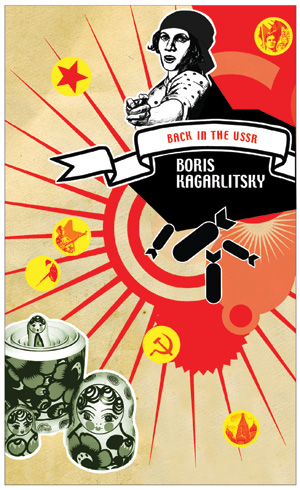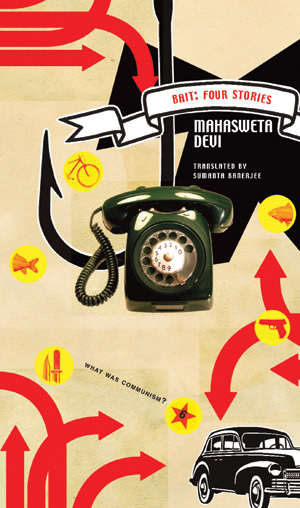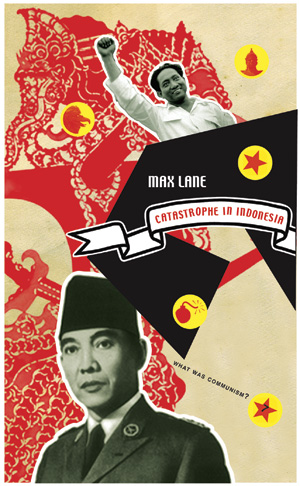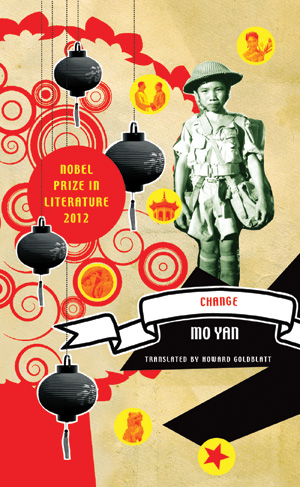Series editor Tariq Ali
The theory of Communism as enunciated by Marx and Engels in The Communist Manifesto spoke the language of freedom, allied to reason. A freedom from exploitation in conditions that were being created by the dynamic expansion of capitalism so that ‘all that is solid melts into air’. The system was creating its own grave-diggers. But capitalism survived. It was the regimes claiming loyalty to the teachings of Marx that collapsed and reinvented themselves. What went wrong?
This series of books explores the practice of twentieth-century Communism. Was the collapse inevitable? What actually happened in different parts of the world? And is there anything from that experience that can or should be rehabilitated? Why have so many heaven-stormers become submissive and gone over to the camp of reaction? With capitalism mired in a deep crisis, these questions become relevant once again. Marx’s philosophy began to be regarded as a finely spun web of abstract and lofty arguments, but one that had failed the test of experience. Perhaps, some argued, it would have been better if his followers had remained idle dreamers and refrained from political activity. The Communist system lasted 70 years and failed only once. Capitalism has existed for over half a millennium and failed regularly. Why is one collapse considered the final and the other episodic? These are some of the questions explored in a variety of ways by writers from all over the globe, many living in countries that once considered themselves Communist states.
-
7 Records Found.
-

Back in the USSR
Boris Kagarlitsky
Rs 350.00 (HB)
$15.00 (HB)
£10.50 (HB) -

Bait
Four StoriesMahasweta Devi
Translated by Sumanta BanerjeeWith an introduction by Sumanta Banerjee
Rs 350.00 (HB)
$15.00 (HB)
£10.50 (HB) -

Catastrophe in Indonesia
Max Lane
Rs 350.00 (HB)
$15.00 (HB)
£9.50 (HB) -

Change
Mo Yan
Translated by Howard GoldblattRs 275.00 (HB)
$15.00 (HB)
£10.50 (HB) -

The Cuban Drumbeat
Piero Gleijeses
Rs 350.00 (HB)
$15.00 (HB)
£10.50 (HB) -

Two Underdogs and a Cat
Three Reflections on CommunismSlavenka Drakulic
Rs 350.00 (HB)
$17.00 (HB)
£11.50 (HB) -

The Idea of Communism
Tariq Ali
Rs 350.00 (HB)
$0.00 (HB)
£0.00 (HB)
 Buy (HB)
Buy (HB)